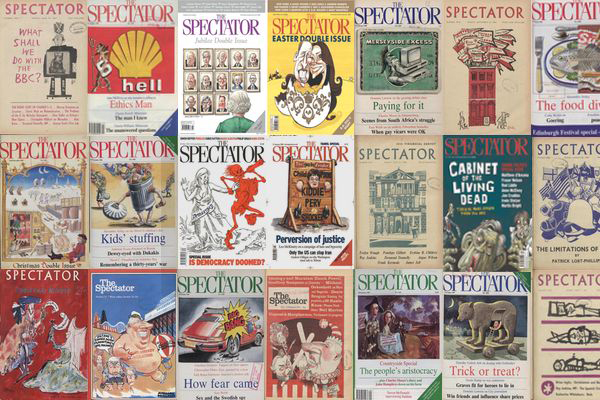Power to the readers
Sir: I would suggest that even if the government of the UAE gives a ‘cast-iron’ guarantee not to interfere with The Spectator’s editorial line, this should be taken with a very large pinch of salt (‘The real deal’, 2 December). Why don’t you ask your subscribers to buy the magazine? With nearly 140,000 of them, and 300,000 subscribing to your TV channel, surely we could raise £70 million, enough to satisfy Lloyds Bank? (It’s called ‘crowdfunding’, I believe.
Already a subscriber? Log in
Subscribe for just $2 a week
Try a month of The Spectator Australia absolutely free and without commitment. Not only that but – if you choose to continue – you’ll pay just $2 a week for your first year.
- Unlimited access to spectator.com.au and app
- The weekly edition on the Spectator Australia app
- Spectator podcasts and newsletters
- Full access to spectator.co.uk
Or
Unlock this article
You might disagree with half of it, but you’ll enjoy reading all of it. Try your first month for free, then just $2 a week for the remainder of your first year.








Comments
Don't miss out
Join the conversation with other Spectator Australia readers. Subscribe to leave a comment.
SUBSCRIBEAlready a subscriber? Log in